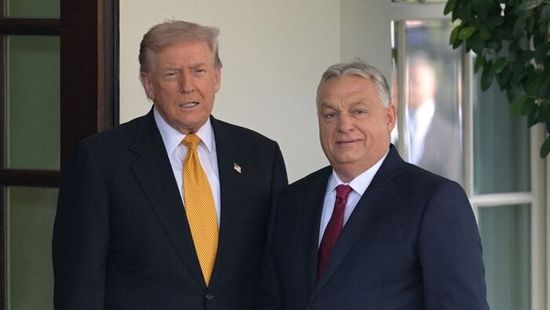Biztos pont a bizonytalan világban: ez Orbán Viktor titka

Kiderült, minek köszönheti a miniszterelnök, hogy gond nélkül képes Magyarország érdekeit érvényesíteni.

Will Muslims be forced to choose between practising their religion and adopting a German identity?
„The chancellor's ambivalence is the key to understanding where Germany is right now. The fact is that for several decades the country did expect workers from Turkey and elsewhere to leave like polite guests. It then flirted with the multi-kulti idea that they could dwell in Germany without fully belonging to it. Recently Germans, or at least the political class, had begun to accept that Germany is an «immigration country» with a responsibility to integrate immigrants fully into national life. Mrs Merkel has made this a hallmark of her chancellorship, holding «integration summits» and developing a «national integration plan», which mandates German language courses and seeks to shepherd immigrants into employment. The new conventional wisdom is that integration is a «two-way street», making demands on both hosts and newcomers. (...)
At stake in the current debate are the terms on which immigrants will be accepted. Will they be told to embrace the German Leitkultur («leading culture»), as some conservatives demand? That sounds like a reasonable request, but to many immigrants it smacks of arrogance. Will Muslims be forced to choose between practising their religion and adopting a German identity? That would be both unreasonable and self-destructive. Or will politicians speak out for the give and take, the bundle of benefits and obligations, that can make immigration tolerable for both sides? Germany’s leaders had basically the right approach before Mr Sarrazin came along. They need to put it into practice and, just as important, to defend it.”